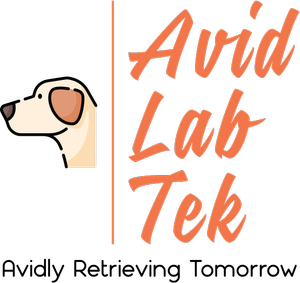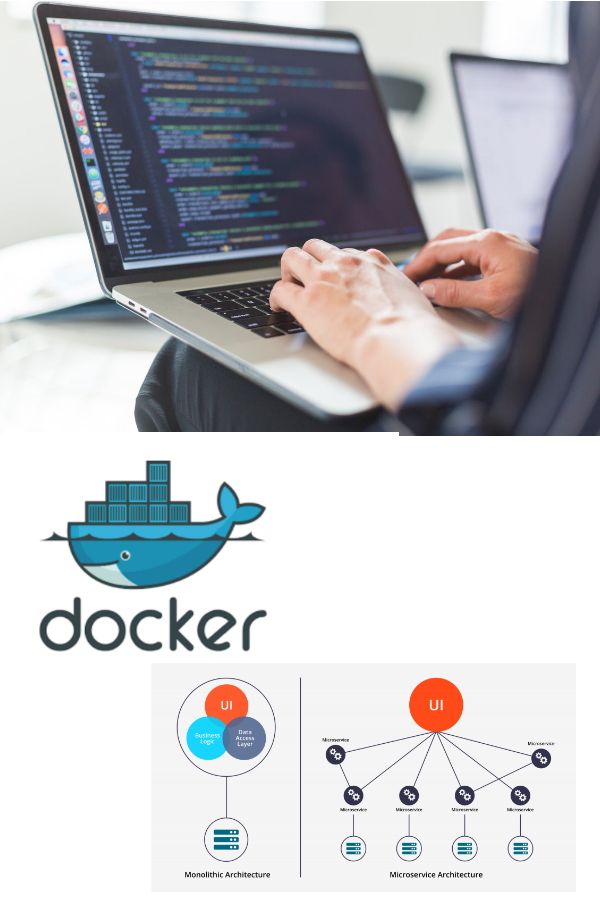

Matt
Founder
As a senior software engineer with a deep background in industrial IoT and equipment monitoring, Matt brings hands-on experience from developing enterprise solutions for industry leaders. His work with advanced monitoring systems, smart asset management platforms, and large-scale data systems shaped his vision for more accessible, intelligent monitoring solutions. Matt founded our company with a clear mission: to help businesses protect their critical assets and optimize operations using smart technology, without the complexity and cost of traditional enterprise systems.
Let’s Talk
Tired of manual equipment monitoring and compliance paperwork?
Our smart monitoring solutions help businesses protect valuable equipment, automate compliance reporting, and optimize operational costs. Using enterprise-grade sensors and advanced analytics, we provide real-time insights and automated alerts that prevent equipment failures and reduce energy waste. Whether you manage cold storage, processing equipment, or critical facilities, we'll help you implement a monitoring system that pays for itself.
Contact Us
Thank you for contacting us.
We will get back to you as soon as possible
We will get back to you as soon as possible
Oops, there was an error sending your message.
Please try again later
Please try again later
Blog

By sites
•
March 1, 2023
As software development continues to evolve, so does the architecture behind it. One of the most popular approaches today is the use of microservices and containerization with Docker. While these technologies offer many benefits, they can also be complex and overwhelming for those just starting out. That's why we're here to offer some practical advice: do what works for you. What are microservices and Docker? Microservices are an architectural approach to building software applications as a suite of small, independent services that communicate with each other via APIs. This approach allows for greater flexibility, scalability, and resilience, as each service can be developed, deployed, and managed independently. Docker, on the other hand, is a containerization platform that allows developers to package an application and all its dependencies into a container, which can be run consistently across different environments. This allows for greater portability and ease of deployment, as well as better resource utilization. Do what works for you With so many benefits, it's no wonder that microservices and Docker have become so popular. However, it's important to remember that what works for one team or project may not work for another. Here are some practical tips to keep in mind: Start small: Don't try to tackle everything at once. Start with a small project or service and gradually expand from there. This will help you get comfortable with the technology and learn as you go. Focus on your goals: Remember why you're adopting microservices and Docker in the first place. What are your goals? What problems are you trying to solve? Keep these in mind as you make decisions about architecture and implementation. Use the right tools: There are many tools available for working with microservices and Docker, but not all of them will be right for your project. Do your research and choose tools that fit your needs and goals. Keep it simple: Don't overcomplicate things. Microservices and Docker can be complex, but they don't have to be. Focus on simplicity and ease of use wherever possible. Learn from others: There is a wealth of information and resources available online for working with microservices and Docker. Don't be afraid to learn from others and ask for help when you need it. Conclusion Microservices and Docker offer many benefits for software development, but they can also be overwhelming. The key is to do what works for you. Start small, focus on your goals, use the right tools, keep it simple, and learn from others. By following these practical tips, you can successfully adopt microservices and Docker in a way that works for your team and your projects.









